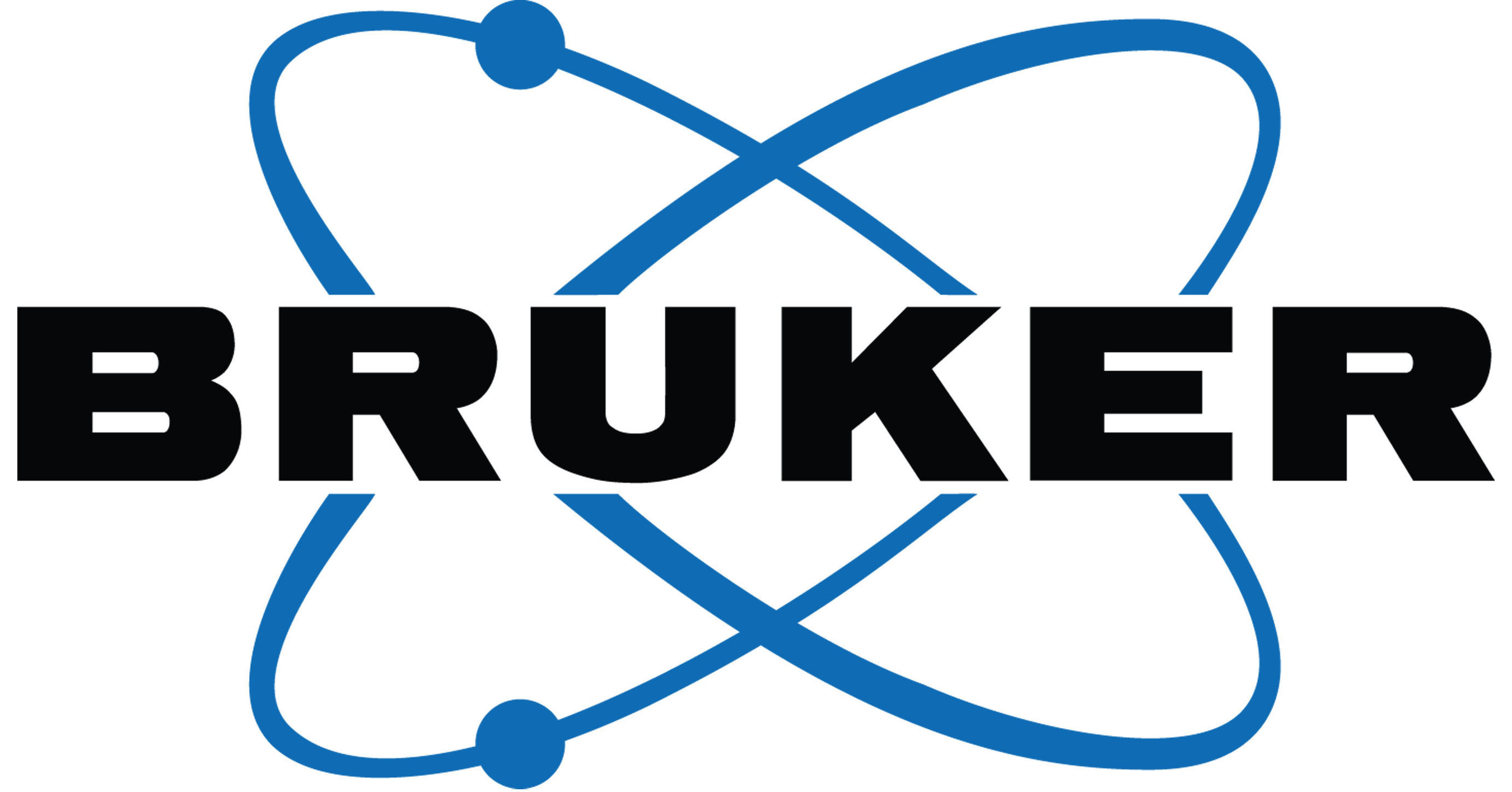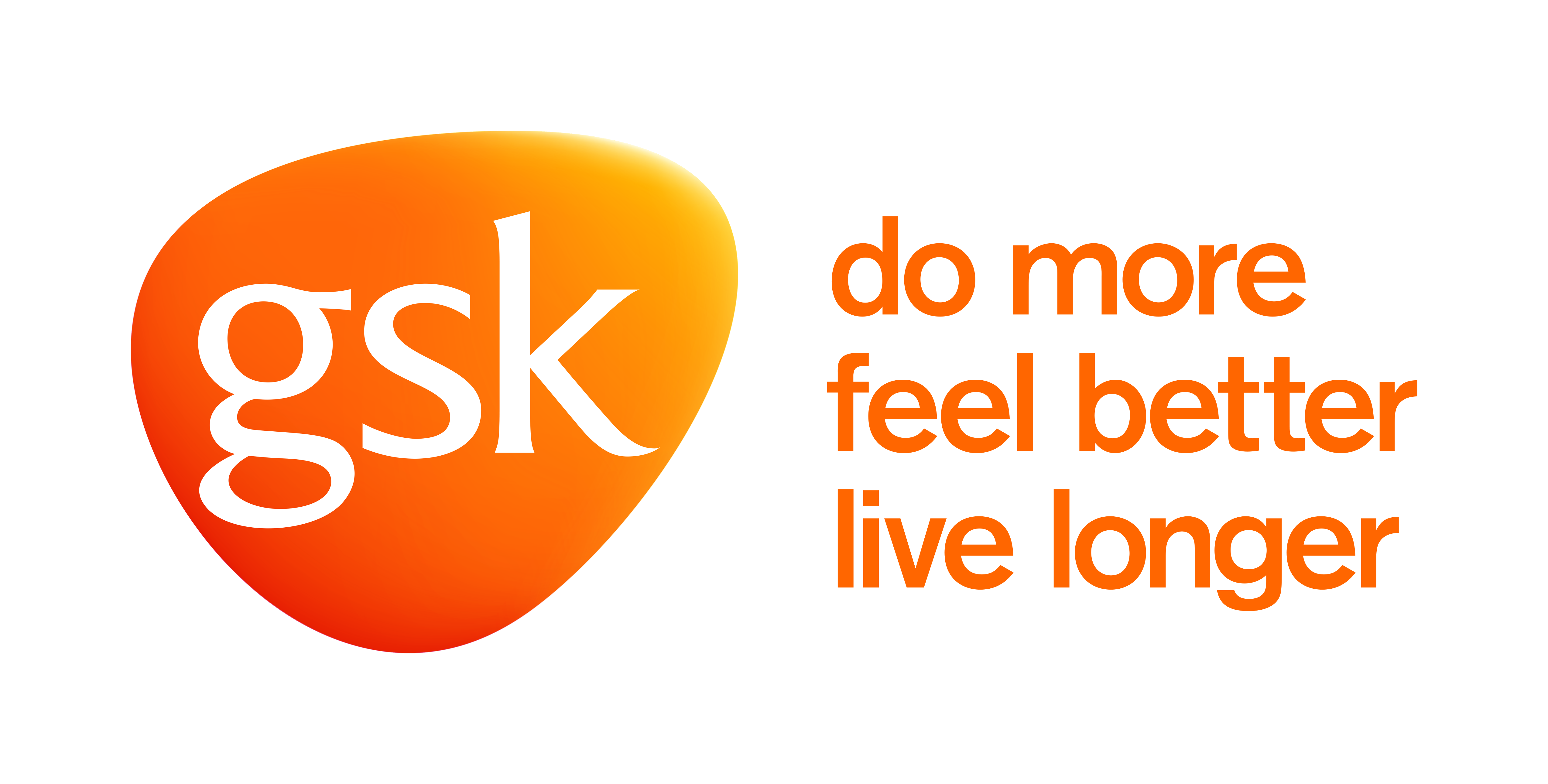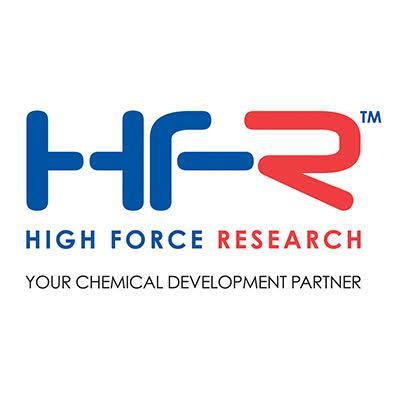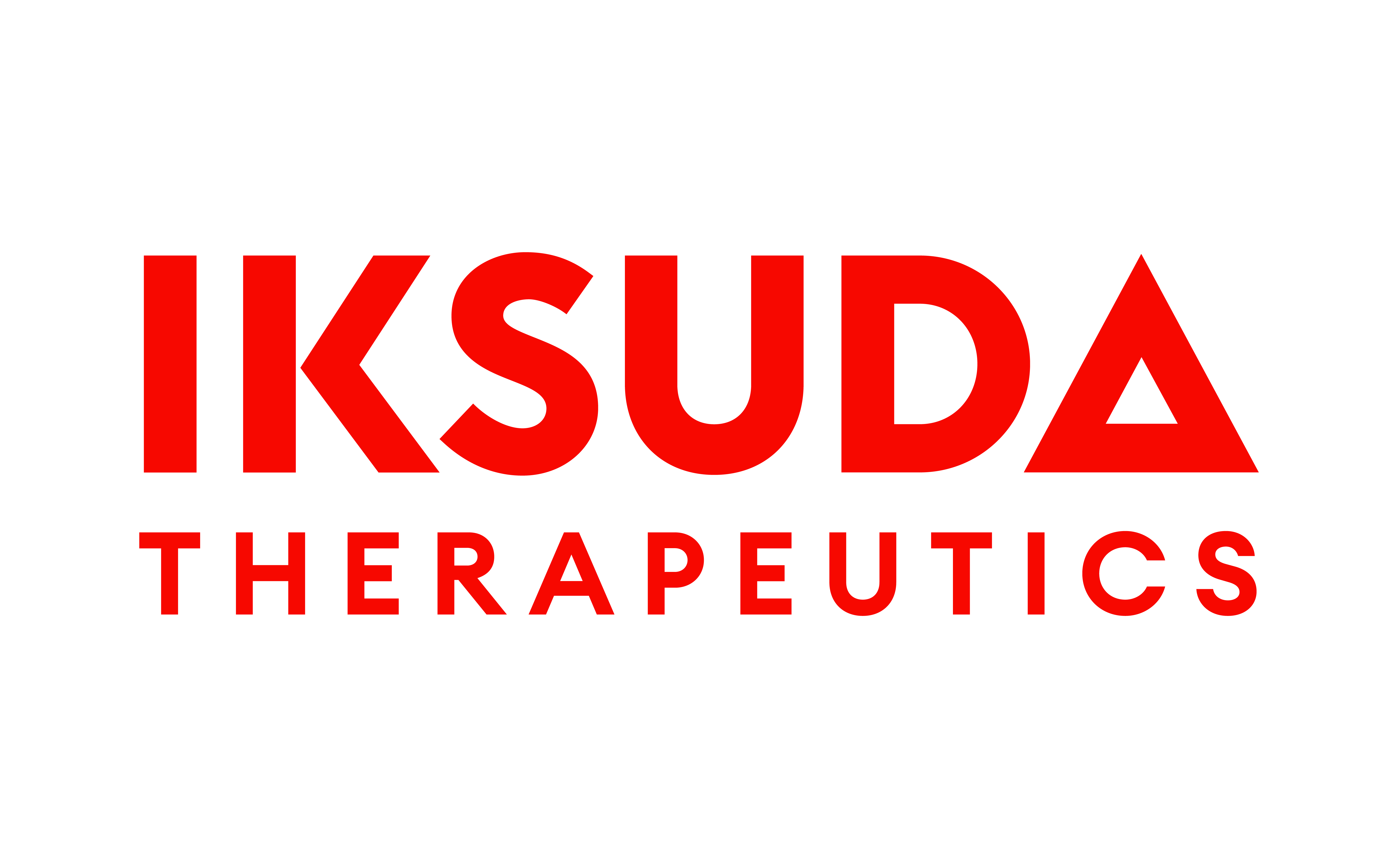Alumni
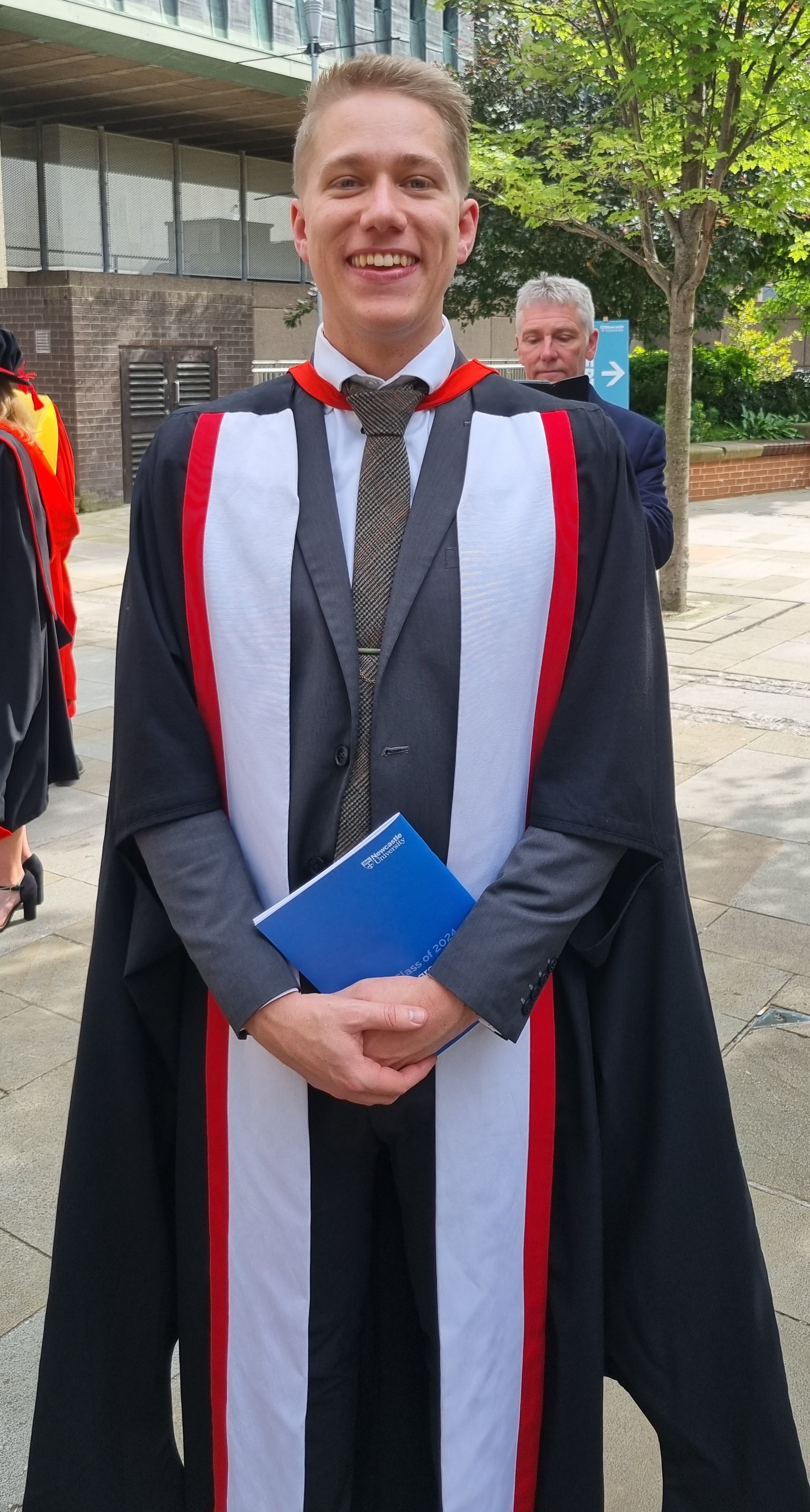 Alex Hallatt
Alex Hallatt
- Alex Hallatt (Cohort 1) completed his PhD at Newcastle University under the supervision of Dr Celine Cano. He is now a Postdoctoral Researcher at the University of Dundee.
What kind of work are you doing now?
After submitting my PhD, I moved to Dundee to take up a postdoc position in the newly opened Centre for Targeted Protein Degradation (CeTPD) at the University of Dundee.
What does this work involve?
My current role is still lab-based and I work within the academic group of Prof Alessio Ciulli. Currently, I work on my own project within the academic group which focuses on expanding our understanding of the principles of targeted protein degradation. I have recently been joined by an MRes student who will be working on a similar project to me and whom I have privilege of supervising day-to-day.
Although we usually have our own research projects, the centre is quite large (~70 research staff) and very collaborative, so there is often overlap between research and there are many opportunities to help drive other people’s work towards publication. I’m still very much a chemist by trade, but at the CeTPD there is lots of interdisciplinary work going on which means it’s not uncommon for us to get our hands dirty (figuratively!) in tissue culture or with biophysical assays. I feel very lucky to be working at CeTPD, not only because of the reputation and expertise, but because the newly opened building has great facilities and is designed to integrate chemistry, structural biology and cell biology into a single place, perfect for drug discovery projects.
How has your PhD and the CDT helped you prepare for this position?
I was fortunate enough that I was able to find a postdoc in the same area of research as my PhD. Through attending TPD-related conferences and building up a network in the field, I was able to identify groups/companies that I was interested in joining after my PhD. This was particularly relevant during my final year where I was lucky enough to be able to attend some international conferences and chat with other PhDs/postdocs to find out which groups were good to work in, and more importantly, which groups were looking to advertise roles in the coming months.
In my case, I was able to take the expertise and skillset that I had developed during my PhD research and apply it directly to my postdoctoral work. This made the transition easier in terms of understanding the fundamentals, but the (internal) expectation to ‘hit the ground running’ meant that it was easy to get burnt out in the first few months. This is also why I would recommend, if you can, having a break between submitting your thesis and starting a new role. From my experience, I was able to delay my postdoc start date to give me time to relocate but financially I couldn’t afford much of a delay. Bear in mind that your PhD stipend is often paid as an advance, but your new role will likely pay you in arrears so you might have a 2-month gap between incomes at the end of your PhD!
MoSMed in particular has helped me by promoting interdisciplinary training which has been really helpful as I’ve transition more towards chemical biology. The CDT cohort system also helped with learning to network and having an additional support network outside of my immediate PhD group. The annual conference was also a great experience and allowed me to present my work at earlier stages than you would typically, which helped to shape the research direction and to build up confidence when presenting.
Any final thoughts or advice?
I never thought that I would end up doing a postdoc after my PhD. I was always set on getting an industrial medicinal chemistry position, but towards the end of my PhD it became increasingly apparent that industry jobs were hard to come by and the competition was stiff. I’m really glad that I took up this postdoc position though, as its taught me a lot about myself and has given me access to a whole new range of skills and perspectives. I spent a lot of time talking to peers and mentors in and out of industry, and it is becoming more common that there is no ‘right path’ into either academia or industry. There is a surprising amount of transition between the two these days and the interface sees a lot of new collaborations emerging, like the collaboration with Boehringer Ingelheim that is ongoing in CeTPD. I still ultimately would like to end up in industry, but for now I’m enjoying working in an environment which blends between industry and academia.
The moral of the story is, that you don’t have to have everything planned out during your PhD (even if the system forces you feel to that way) and that sometimes you need to try new things to gain new experiences.
Please feel free to get in touch if you have any questions about PhDs, postdocs, or research in general. (Contact: Ahallatt001@dundee.ac.uk)
(Image: Dr Alex Hallatt celebrating his graduation at Newcastle University campus)







